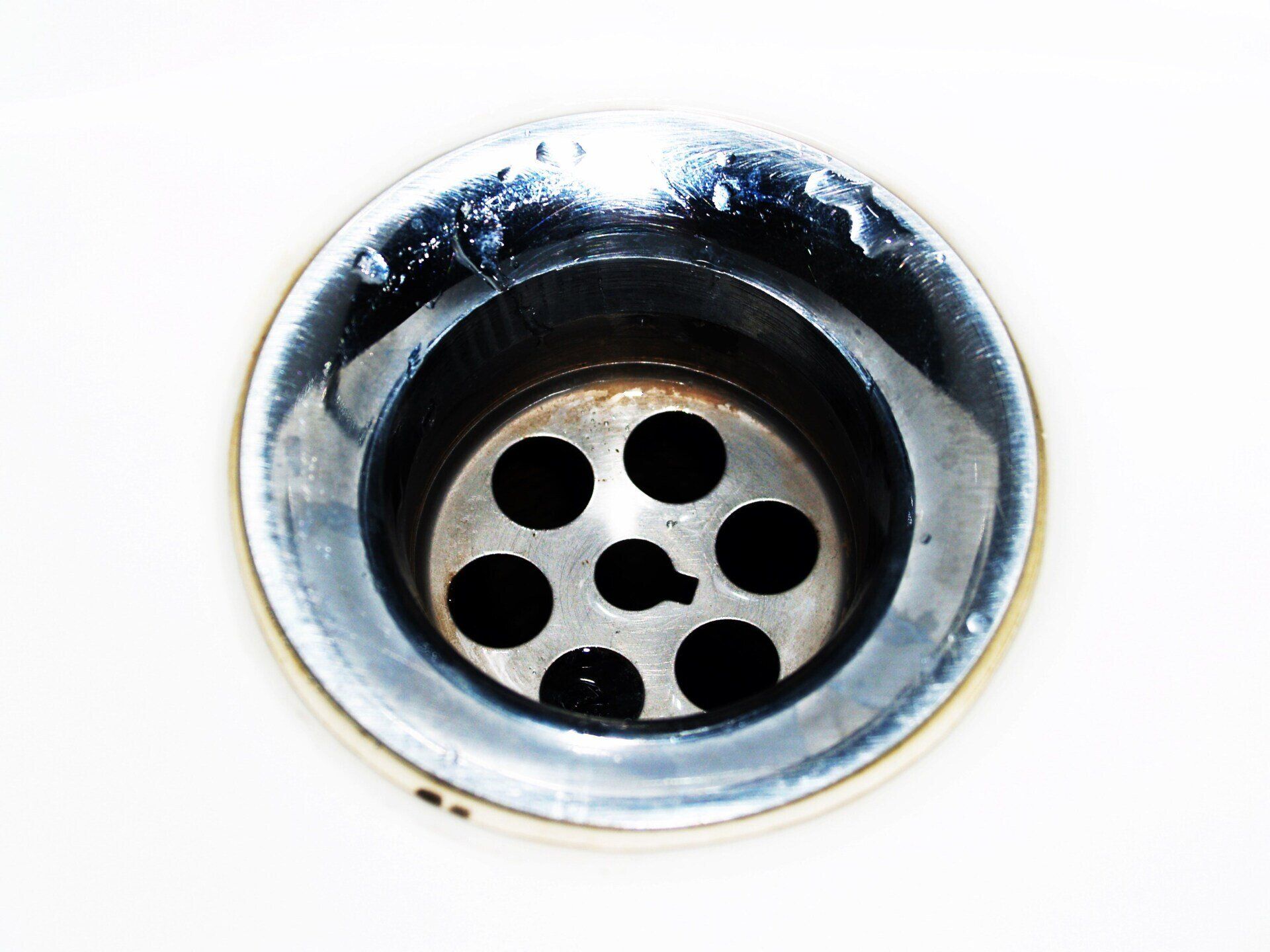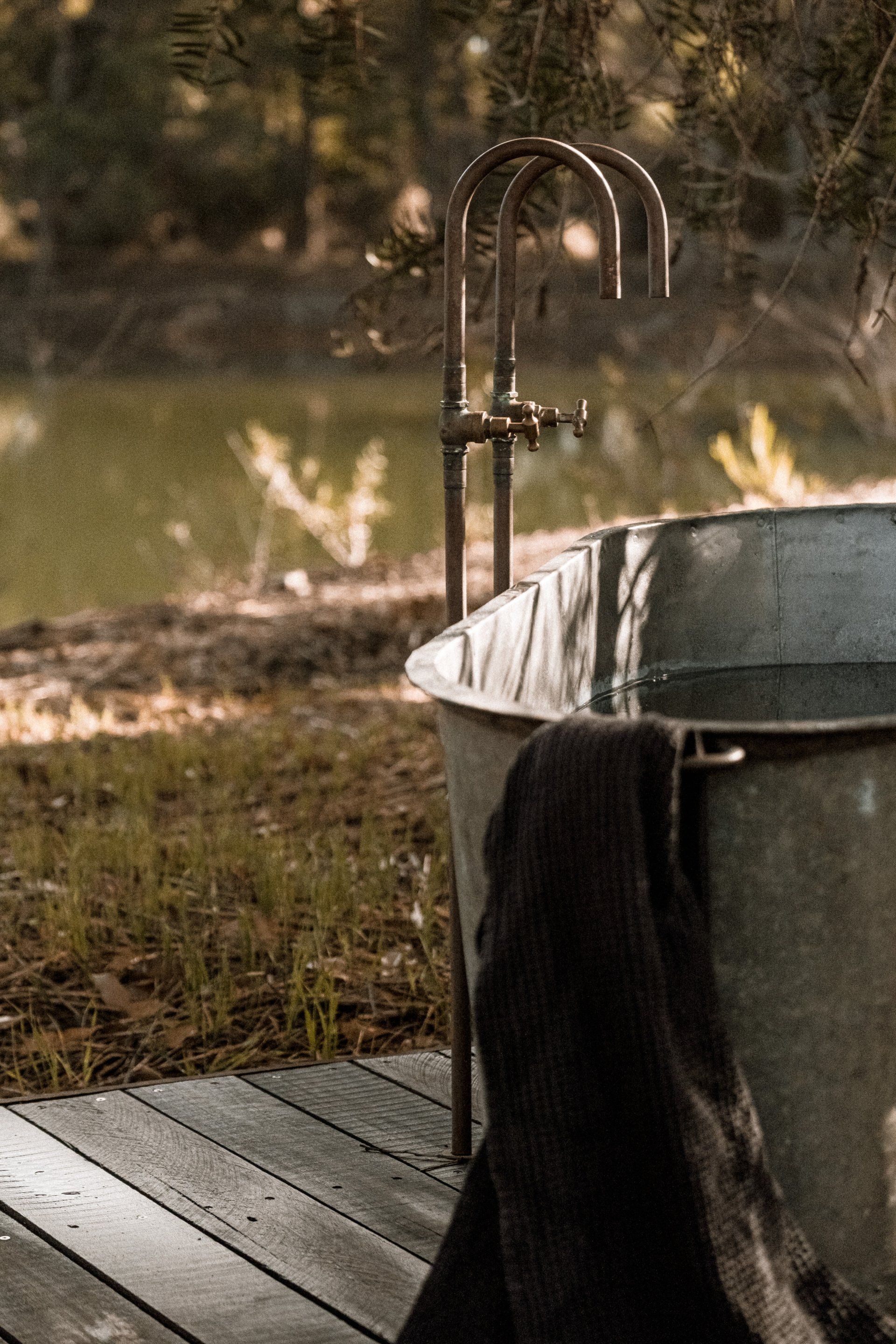Septic Tank System: Pros and Cons
Septic Tank System: Pros and Cons
Indoor plumbing is one of man's greatest achievements. We don't often think about how our waste water is treated in our homes.
Two very different designs exist. It is quite common for municipal sewers to connect multiple homes and then transport the waste water to treatment plants. In rural areas, every house usually has its own septic system.
It's not always possible to choose between a sewer line or a septic tank for many homes. But it is helpful to know the pros of both systems. A septic tank can offer many benefits, which may surprise you.
How a toilet tank works
The septic system is typically made from concrete, steel, and fiberglass. It is placed underground, away from the house (usually on the back or side). When you flush a toilet or use a sink, water flows through underground pipes to the tank. There, waste and water can be separated. The tank lets water out into the soil. The waste is collected and then pumped away during maintenance.
Living with a septic system
Your house may have a septic tank. You need to be aware of how much water is being used so that it doesn't overflow the system. This could be seen as positive, negative, or both. However, homeowners have an incentive not to dump non-food items down the drains.
Pros of a Septic Tank
- The cost of extensive sewer lines is much lower. A septic tank, on the other side, is more affordable to install and does not require any monthly maintenance.
- Durability. If properly maintained, a tank with a septic system is very durable.
- Septic tanks can be environmentally friendly. They kill bacteria before any water is released into the soil. Furthermore, recycled water can be absorbed by local plant life.
Cons of a Septic Tank
- Period maintenance is necessary. The tank should be pumped around every three to five years. This expense is on the homeowner's shoulders and can cost anywhere from $200 to $400.
- Backup drains. The septic line can be clogged with a wide range of materials. Many shouldn't even go down the drain. You can see signs of a backup by slow draining your tub and sink, as well as slow-flushing your toilets. You should call a plumber to inspect your septic system if you observe these symptoms.
- Potential for burst pipes. The ground will start to smell foul as the water dries out, and the ground will become soggy. It is essential to replace the damaged pipe as soon and as quickly as possible.
It is clear that a well-maintained septic tank can offer many benefits. Properly maintaining a tank and being mindful of water use can ensure a long-lasting, reliable, and low-cost system for managing waste water.
Get a
FREE Quote
Plumber Fort Mcmurray Quote
We will get back to you as soon as possible.
Please try again later.
You might also like


Quick & Reliable
We are available 24/7 via email or telephone
Expert Plumber Grande Prairie
The region's professional plumbing service.
7823 98 St, CC, Grande Prairie, AB T8V 3T6
Navigation
Services
Disclaimer - This is a referral site. All work is performed by a licensed partner 152033A, 152034A


